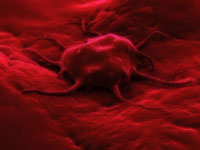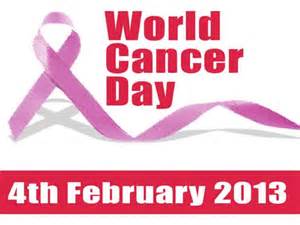
Introduction:
Cancer, known medically as a malignant neoplasm, is a broad group of various diseases,
all involving unregulated cell growth. In cancer, cells divide and grow uncontrollably,
forming malignant tumors, and invade nearby parts of the body. The cancer may also
spread to more distant parts of the body through the lymphatic system or bloodstream.
Not all tumors are cancerous. Benign tumors do not grow uncontrollably, do not invade
neighboring tissues, and do not spread throughout the body. There are over 200 different
known cancers that afflict humans.
Determining what causes cancer is complex.
Many things are known to increase the risk of cancer, including tobacco use, certain
infections, radiation, lack of physical activity, obesity, and environmental pollutants.These
can directly damage genes or combine with existing genetic faults within cells to
cause the disease.Approximately five to ten percent of cancers are entirely hereditary.
Cancer can be detected in a number of ways, including the presence of certain signs
and symptoms, screening tests, or medical imaging. Once a possible cancer is detected
it is diagnosed by microscopic examination of a tissue sample. Cancer is usually
treated with chemotherapy, radiation therapy and surgery. The chances of surviving
the disease vary greatly by the type and location of the cancer and the extent of
disease at the start of treatment. While cancer can affect people of all ages, and
a few types of cancer are more common in children, the risk of developing cancer
generally increases with age. In 2007, cancer caused about 13% of all human deaths
worldwide (7.9 million). Rates are rising as more people live to an old age and
as mass lifestyle changes occur in the developing world.
Resources:
http://en.wikipedia.org/

World Cancer Day:
Each year on 4 February, World Cancer Day, WHO and the International Agency
for Research on Cancer (IARC) support the International Union Against Cancer (UICC)
to promote ways to ease the global burden of cancer.
World Cancer Day(WCD) was
started in Geneva in 1933 and is an initiative guided by the Union for International
Cancer Control (UICC), which is a premier cancer- fighting organization.
Each
year, there is a renewed effort to ease the burden of cancer. The main aim is to
increase awareness regarding the disease by educating the public regarding the symptoms
of cancer and how early diagnosis can cure the disease in many cases.
Educating
people regarding the importance of exercise, healthy diet and regular monitoring
forms the main focus of the events on World Cancer Day!
Read more: